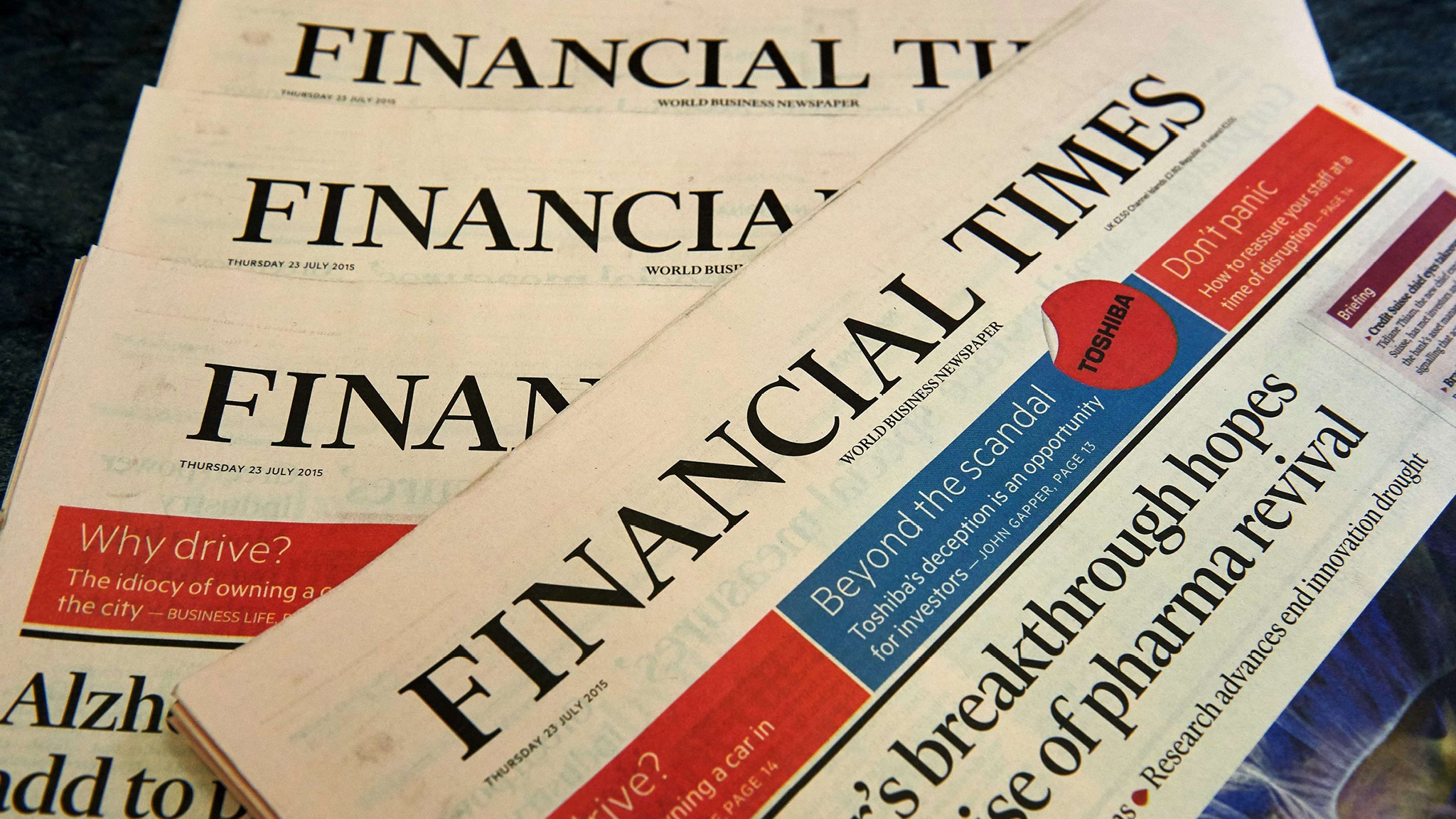What is wrong with Brussels on the Recovery Plan according to the Financial Times

The article by Giuseppe Liturri
When the editorial board of the British newspaper moves, it means that the story is of the utmost importance. Here we are talking about the time needed to allow adequate control over the spending mechanisms. It is necessary to refine them ex ante because it is well known the difficulties that Member States will encounter in meeting the severe conditions imposed for receiving the funds. And so it is better to waste time in this phase, to avoid chasing undisciplined debtors in the future. In the meantime (and who knows for how long) the states (Italy and Spain among all) can spend by issuing national debt. If there were those who still have doubts about the true nature of the Recovery Fund, with this article they could cease to have any.
[Article from the Financial Times ]
It has been nearly a year since French President Emmanuel Macron and German Chancellor Angela Merkel pushed hard on the idea of an EU debt-financed recovery fund.
That arrangement paved the way for an agreement, two months later, between all 27 EU members to equip the bloc for the first time with an emergency deficit tool as a macroeconomic management tool.
It was a bold step forward in EU integration, taken with remarkable speed for an organization known to only move the issue further in times of crisis. It was also an acknowledgment of the severity of the economic shock resulting from the pandemic and its particularly damaging effects on southern European countries.
Several EU countries have yet to ratify the so-called 'own resources' decision, which provides for the issuance of common debt that underlies the program. Many countries have failed to meet the April 30 deadline for submitting spending plans accompanied by commitments to implement economic reforms. The European Commission will take two months to review each country's proposals.
Bruno Le Maire, France's finance minister, complained last week that the EU lost too much time after the initial political deal. It has already risked going astray in the race with the already booming US economy and China already regaining its pre-crisis level of production. Europe is certainly suffering in the transatlantic confrontation given the huge fiscal stimulus the Biden administration pushed through Congress quickly.
Europeans, however, understandably contest the fact that comparisons have to be made on the basis of size, emphasizing the poor social safety net of the United States. Furthermore, it would have taken a great deal of time for the EU to implement institutional innovation like this and to meet the inevitable conditions attached to a € 750 billion fund, much of which will be given in grants.
The Commission's insistence on targeting EU money for digital and green is likely to be the cause of the widespread irritation from national capitals. Brussels is also pushing countries to adopt economic and administrative reforms to help boost growth and improve long-term fiscal sustainability, as agreed last summer. Some capitals argue that these reforms are irrelevant to the recovery. Even though they sign up to these obligations every year as part of an EU economic review process, without sanctions.
The Commission needs to define in advance as many of these investment and reform commitments as possible, it also needs to specify more clearly how to suspend payments to non-compliant governments and ensure that national oversight bodies are robust . Brussels will not have the resources to micro-manage this program once the money starts flowing. It would be a disaster for the EU if it were badly spent. Hungary's now-abandoned plan to use the funds for its new university foundations, stuffed with friends from the government, shows what the risks could be.
Governments that need to stimulate their economies in the short term can now borrow to spend, using the fiscal space that the recovery fund has offered them. Spain and Italy are already doing this. Brussels better take the time to make the fund work well.
This is a machine translation from Italian language of a post published on Start Magazine at the URL https://www.startmag.it/mondo/che-cosa-non-va-a-bruxelles-sul-recovery-plan-secondo-il-financial-times/ on Fri, 07 May 2021 06:20:15 +0000.
